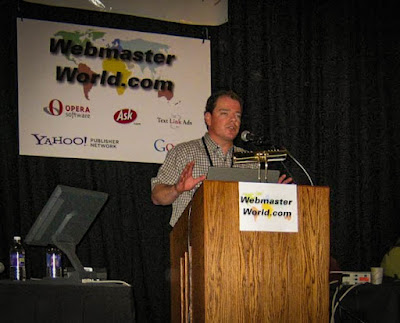I have been fortunate to have traveled internationally rather extensively in my life. Early in my career I worked for a very small company that was acquired by a very large one. At the time, there was no such thing as video conferencing or the internet and we (the product marketing staff) were asked to visit a lot of different areas in the world to discuss 3D modeling technologies.
It’s ironic because the intensive traveling actually inspired me to start Viewmark. It was just a coincidence that new digital delivery platforms emerged, like CDs and the internet, that helped solve the intrinsic burdens associated with global product marketing. In essence, the new digital communication mechanisms allowed anyone to “have their cake and eat it too” by making it easier to sustain professional relationships around the globe without sacrificing significant time with family and friends.
Still, I can tell you from personal experience that there can be a lot of value in immersing yourself in a foreign country. Any American who has worked in Europe for an extended period of time will tell you that making an effort to speak the language of the country you are in goes a long way, but I readily admit that many of the responses to my attempts came back in English.
This reminded me of an experience I had in Sweden many years ago. It was in the late 80s and I was on one of those whirlwind marketing tours of Europe. I arrived in Stockholm after a long week on the road and decided to take a quick swim. The solarium was on the top floor of the hotel and when I entered I found that everyone was swimming naked. This is not commonplace in the States, but I said to myself, “When in Rome do as the Romans do”. After taking a short swim, I settled near the entrance, then several Americans walked in. Stunned with my appearance, they ask me, in English, if there was a sauna in the area. All I remember was responding with the only words I knew at that moment “Krona, Krona, Krona”.
In some ways international search works the same way. We have found that regional search engines like, Baidu, Naver, Yandex, etc. favor results for web pages where the titles and descriptions can be easily deciphered in the native language of the search engine and the major search engines have country specific sites where the results focus on links that are written in the country’s main language.
There are published reports that show the US percentage of global search traffic at 22% and if we add ~11% for countries around the globe that use English as their first language (UK, Australia, Canada, etc.), we can surmise that only one third of the world uses English when searching on the internet. Note: This is not to say that only one third of internet users will read English content. We feel this is significantly higher.
When a user arrives on your web site you can easily detect their language preference. Translation firms use spreadsheets or APIs to integrate content into their systems for localization and the costs for doing so are relatively low. At the same time, content management systems give you the ability to seamlessly provide the localized content on your web site.
International SEO is not one size fits all, but a little can go a long way! We have seen double-digit percentage increases in a company’s overall search volume by simply localizing page titles, meta descriptions and message bundles. The question to ask is: How global is your company and how well are you prepared to leverage the international search opportunities that are currently available?




